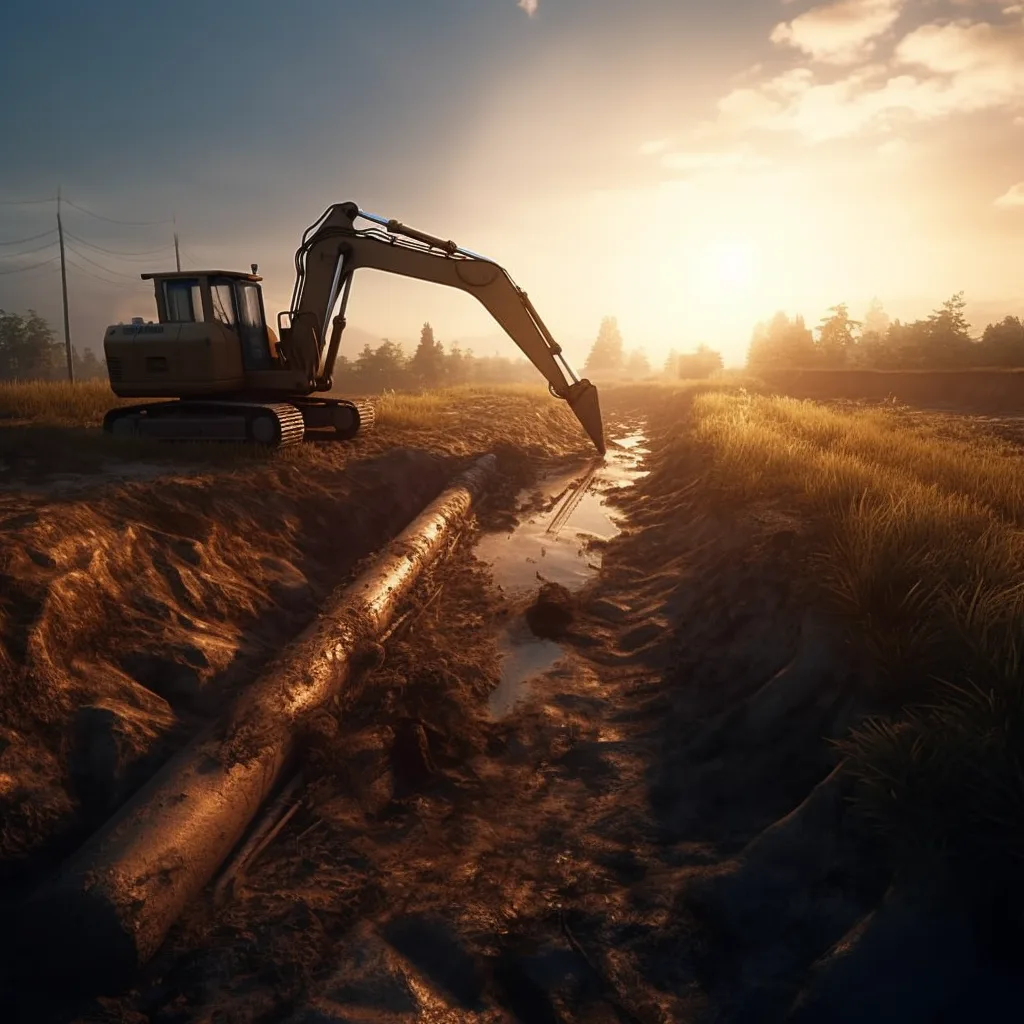Pavement & Municipal Engineering


Good roads and municipal works start with a reliable subgrade and realistic construction details. We investigate, design, and review municipal infrastructure across Metro Vancouver and B.C. From pavement rehab and new corridors to culverts, small bridges, and overpass abutment upgrades, municipalities, owners, and contractors have clear, buildable guidance that holds up in the field.
DIG Engineering principals contribute directly to advancing sustainable municipal infrastructure. As a member/contributor of the MMCD Civil Committee for use of recycled aggregates, Ben Davies has been involved in shaping specifications that encourage greater use of recycled aggregates in road construction. Building on this, we prepared a research summary for the District of North Vancouver reviewing recycled concrete aggregate (RCA) and recycled asphalt pavement (RAP), their technical performance, environmental impacts, and pathways for broader adoption outside current MMCD specifications. This work supports a shift toward more resilient, lower-carbon pavements and highlights practical solutions for municipalities looking to integrate circular economy practices into their road networks.

We customize the investigation scope to your project: road condition surveys (distress mapping, utility/grade checks), targeted test pits/borings for base and subgrade, and Benkelman Beam testing to measure in-situ deflection and help set rehab thicknesses. Where helpful, we add DCPT/SPT or proof rolls, to spot weak seams or organics, and use our in-house soils lab for expedited testing (moisture, Atterberg limits, gradation/hydrometer, unit weight, Proctor/modified Proctor, CBR/penetration index, sulfate/organics). The result is a subgrade model tied to real stiffness and drainage conditions, not assumptions, so roads are economical without risking premature distress.
Using MMCD-aligned practice and municipal standards, we size new and rehab pavement sections: asphalt thickness, base/subbase gradations, stabilization, geogrids/geotextiles, and drainage layers. For rehabilitation we combine condition mapping, Benkelman Beam deflection, and materials testing to select mill/overlay, full-depth reclamation, or reconstruction where needed. Deliverables include a concise design memo, specifications and acceptance criteria (proof-rolling, density testing, moisture control), and the details that contractors can price and build quickly.
Service upgrades depend on safe, efficient trenching. We review excavation safety and temporary works for utility contractors, including cut geometry where sloping is feasible, shoring or trench boxes where it is not, surcharge and traffic setbacks, and groundwater or seepage control. Our designs specify bedding and backfill materials, compaction targets, and reinstatement sections that meet roadway structural requirements. Where schedules are tight or vibration limits apply, we recommend low-vibration methods and monitoring so work proceeds safely and in compliance with municipal standards.
We design the geotechnical pieces that make municipal structures perform: culvert crossings (embedment, backfill, settlement, scour and erosion protection coordinated with hydraulic sizing), pedestrian/small bridge foundations (spread footings on improved subgrade, MSE/embankment support, or piles/micropiles for poor ground), and retaining/approach works with drainage that survives B.C.’s wet season. For highway/arterial structures we handle overpass abutments, approach fills, and abutment widenings using shotcrete and anchor shoring on multiple past projects.
We stay present during construction with field reviews, nuclear gauge density testing, proof-rolling, Benkelman Beam testing, and deflection confirmations, and quick field memos that keep crews moving. When risk warrants, we add monitoring, settlement plates, piezometers, and vibration thresholds, so owners, municipalities, and contractors have a shared, defensible record.
Our work spans arterial rehabs, industrial yards, and municipal sites across the Lower Mainland and Sea-to-Sky, including soils common to Tsawwassen/Delta, Richmond, and riverfront corridors. We understand seasonal groundwater and wet-season construction and provide permit-ready submissions aligned with municipal checklists, with Letters of Assurance where required.
Paul Davies, P.Eng., has served as Engineer of Record on numerous municipal projects across Metro Vancouver including Delta’s Winskill Aquatic Centre (under construction), Surrey’s Cloverdale Arenas, and the Ladner Minor Baseball Training Facility, along with extensive work on public parks, trails, retaining structures, and civic facilities.
DIG Engineering is proud to be on the City of Delta’s on-call shortlist for geotechnical work. It reflects our track record delivering practical investigations, permit-ready designs, and responsive field review on municipal projects across Delta and the Lower Mainland.